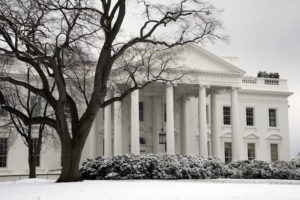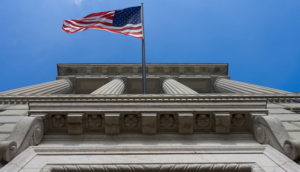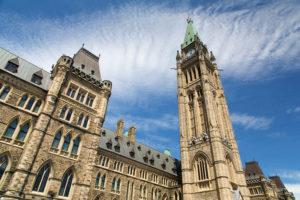Trump’s Red Tape Rollback
The Trump Administration’s regulatory rollback highlights the opportunities and obstacles that lie ahead.
Improve Regulation, Do Not Repeal It
The deregulatory agenda should be replaced with a regulatory improvement agenda.
Scrutinizing Deference to Administrative Agencies
Scholar evaluates arguments for scaling back deference doctrines in light of renewed interest in reform.
On the Pitfalls of Performance Standards
Governments need to consider the limitations of performance standards when choosing regulatory strategies.
Revisiting Deference to Agencies in Criminal Deportation Cases
Scholar argues against using agency interpretations of immigration law in criminal deportation cases.
Getting Back to the Basics with Agency Rulemaking
The United States needs a bipartisan push to bring transparency and accountability back into the rulemaking process.
Is There an International Case for Trump’s “One-in-Two-Out” Order?
Comparative study suggests deregulatory policy is stronger as a political symbol than an economic stimulus.
The Dangerous Consequences of Repealing the CFPB’s Arbitration Rule
Without the possibility of class action lawsuits, consumers are now more vulnerable to corporate fraud.
Repeal of Mandatory Arbitration Ban Is a Wall Street Giveaway
Critics of CFPB’s arbitration rule are wrong about who bears the harms of forced arbitration.
Regulatory Reform Should Be About Strengthening Legislative Responsibility
Countries like Australia and Canada offer models for reining in delegation of lawmaking authority to agencies.
Does the Administrative State Threaten U.S. Democracy?
Panel focuses on claims of potential dangers from growth in government agencies.
Building for Disaster
Data show that more stringent building codes deliver benefits greatly exceeding their costs.












